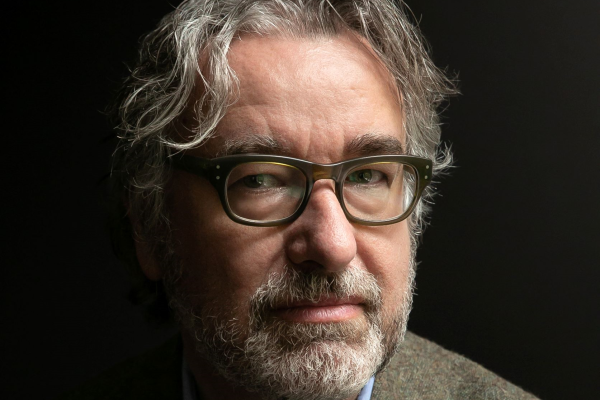
You are cordially invited
Damion Searls
(American writer and translator)
The Philosophy of Translation:
A deep dive into the nature of translation from one of its most acclaimed practitioners
Damion Searls, the translator of sixty works of classic modern literature and philosophy from multiple European languages, including the fiction of Jon Fosse (and work by seven other Nobel Prize winners), has spent decades grappling with words on the most granular level: nouns and verbs, accents on people’s names, rhymes, rhythm, “untranslatable” cultural nuances. Now he has written a fresh, approachable, and convincing account of what translation really is and what translators actually do. His new book The Philosophy of Translation (Yale Univ. Press) has already been hailed by translators, editors, and writers alike, from Emily Wilson and Jennifer Croft to Percival Everett. Avoiding old theoretical debates and clichéd metaphors, he argues that translation is fundamentally a way of reading—but reading is much more than taking in information, and translating is far from a mechanical process of converting one word to another.
